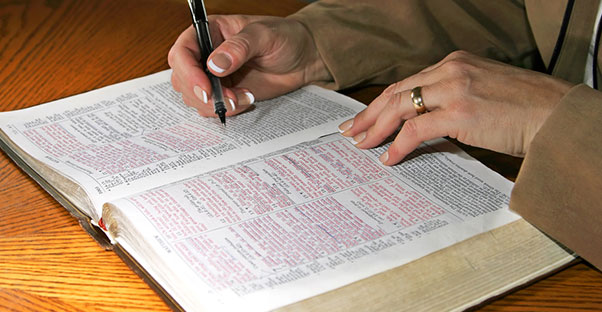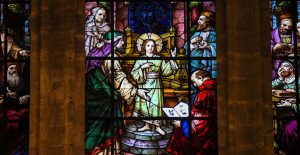Master’s Degree in Religion or Theology

A theology major is designed to provide graduates with a comprehensive understanding of how religion plays both a personal and a cultural role in the world. More than ever, individuals pursuing education for future religious work see themselves as agents of social change who want to make a significant difference in their world.
Educational requirements for entry into the clergy vary greatly. A Bachelor of Arts degree in liberal arts, religion, or theology may be required for future clergy members as preparation for graduate programs. A religious background is not required to begin studies in religion. About three out of four clergy members have completed a bachelor’s degree program and many denominations require a master’s degree in religious studies or theological study. Some denominations ordain students with various types of training from religious institutions colleges or liberal arts colleges. Consult your religious leaders to verify specific entrance requirements.
Master’s Degree in Religion or Theology
A master’s degree in religion can further prepare you for a wide range of church ministry positions and foreign missionary careers, as well as advanced studies at the graduate or seminary level. The majority of students who pursue master’s degrees, however, are interested in specific academic concentrations. Students can examine the variety of religious expressions within the Christian tradition, as well as Christianity’s relationship to modern society. Most candidates for the Catholic priesthood have a four-year degree from an accredited college or university. They then earn either the Master of Divinity or the Master of Arts degree and attend theological seminaries or theologates. Many priests do graduate work in fields unrelated to theology. The Catholic Church stresses the benefits of continuing education for ordained priests in the social sciences, such as sociology and psychology.
Your courses may look at ancient or original texts of religious writings, with the expectation, in some cases, that you are fluent in the language, such as ancient Greek, Latin, or Hebrew. Further specialized knowledge, such as the work done at seminary school, will give you the training needed to teach, counsel, and preach according to your faith.






